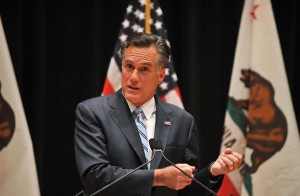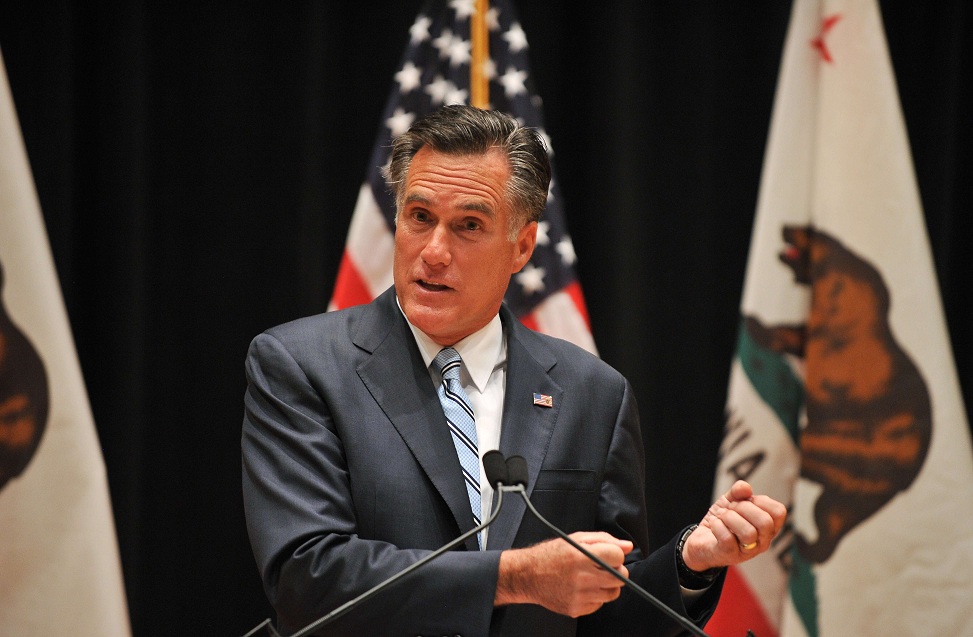
AFP PHOTO / NICHOLAS KAMM
A new US voting law requiring proof of citizenship to register to vote could potentially disenfranchising up to ten million Hispanic US citizens, according to a report issued on Monday by the Advancement Project, a United States civil rights group.
Proof of citizenship is both a time consuming and costly process that might leave a large number of US citizens unable to vote in the 6 November presidential elections, according to Reuters. The US Hispanic community would be among those most affected by the law.
According to pre-election polls conducted throughout the US, Democrat candidate and presidential incumbent Barack Obama is winning over 70 per cent of the Hispanic vote, according to Reuters. Thus the new law could swing results towards Republican candidate Mitt Romney.
Obama has courted the Hispanic vote with an executive order giving children of undocumented workers a two year deportation deferral as long as they are under 30, came to the US before they turned 16, have no criminal record and are doing well in school or have served in the military, according to CBC news.
The new law was drafted by Republicans for the stated purpose of decreasing election fraud, a rare phenomenon in the US, according to Reuters.
The new law is also likely to affect the poor, African Americans, the elderly and disabled people. The Duluth Human Rights Commission (DHRC) in Minnesota released a statement on Monday announcing that it is taking stand against the implementation of the new voting laws in the northern state, as the new law could affect up to 11 per cent of the state’s eligible voters.
The DHRC proposed instead flagging a list of ineligible felons to combat the fraudulent votes. Moreover, the DHRC also complained about the high cost of implementing the law.
According to the DHRC statement, the highest estimate of fraudulent votes Minnesota had suffered from was marked by the 2008 elections when 113 cases were reported.

